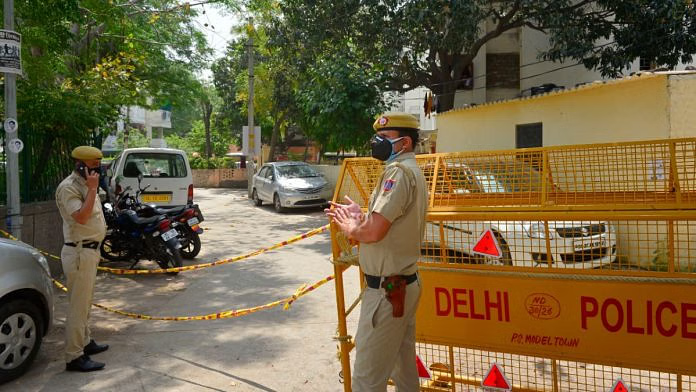Now Reading: FIR Filed Against CSDS Chief Sanjay Kumar Over Maharashtra Election Data Controversy
-
01
FIR Filed Against CSDS Chief Sanjay Kumar Over Maharashtra Election Data Controversy
FIR Filed Against CSDS Chief Sanjay Kumar Over Maharashtra Election Data Controversy

An FIR has been registered against Sanjay Kumar, chief of Lokniti-CSDS, after allegations surfaced regarding misleading voter data related to the Maharashtra elections. The case has stirred debate around data accuracy in electoral studies, raising questions about the accountability of research institutions and the larger implications for public trust in democratic processes. The incident has quickly gained attention in political and academic circles across the state.
Allegations of False Data
The controversy began when Kumar reportedly shared figures comparing the 2024 Lok Sabha elections with voter numbers in the Maharashtra Assembly polls. The data suggested a suspicious decline in voters across some constituencies, which critics argued was misleading and incorrect. After the figures sparked political reactions, Kumar deleted the post and issued an apology, acknowledging the error.
Institutional Scrutiny
Following the uproar, questions were raised about the credibility of CSDS, a well-known research body. The matter prompted authorities to demand clarity on data handling practices and research funding. This episode has put pressure on academic institutions to exercise more stringent checks before publishing information that can influence political narratives.
Political Impact
The FIR has given political parties fresh ammunition. While critics accused Kumar of fueling doubts about the electoral process, others argued that the case highlights the sensitivity around poll-related data in a politically charged environment. For the ruling party, the development served as an opportunity to reinforce trust in official figures and challenge those who circulate unverified information.
Relevance for Smaller Cities
The issue carries weight beyond Mumbai and Delhi. In Tier 2 cities such as Nagpur, Nashik, and Pune, where political awareness is growing and data is often consumed directly through social media, such incidents can shape public opinion quickly. For many first-time voters in these regions, accuracy in electoral data is critical to ensuring faith in the democratic system.
Conclusion
The FIR against Sanjay Kumar underlines how even a single error in electoral data can escalate into a political and legal battle. More importantly, it reflects the urgent need for transparency, caution, and accountability in handling information that directly impacts public trust in elections. As Maharashtra prepares for its next political test, the episode serves as a reminder of the responsibility carried by both researchers and institutions in safeguarding the democratic process

























